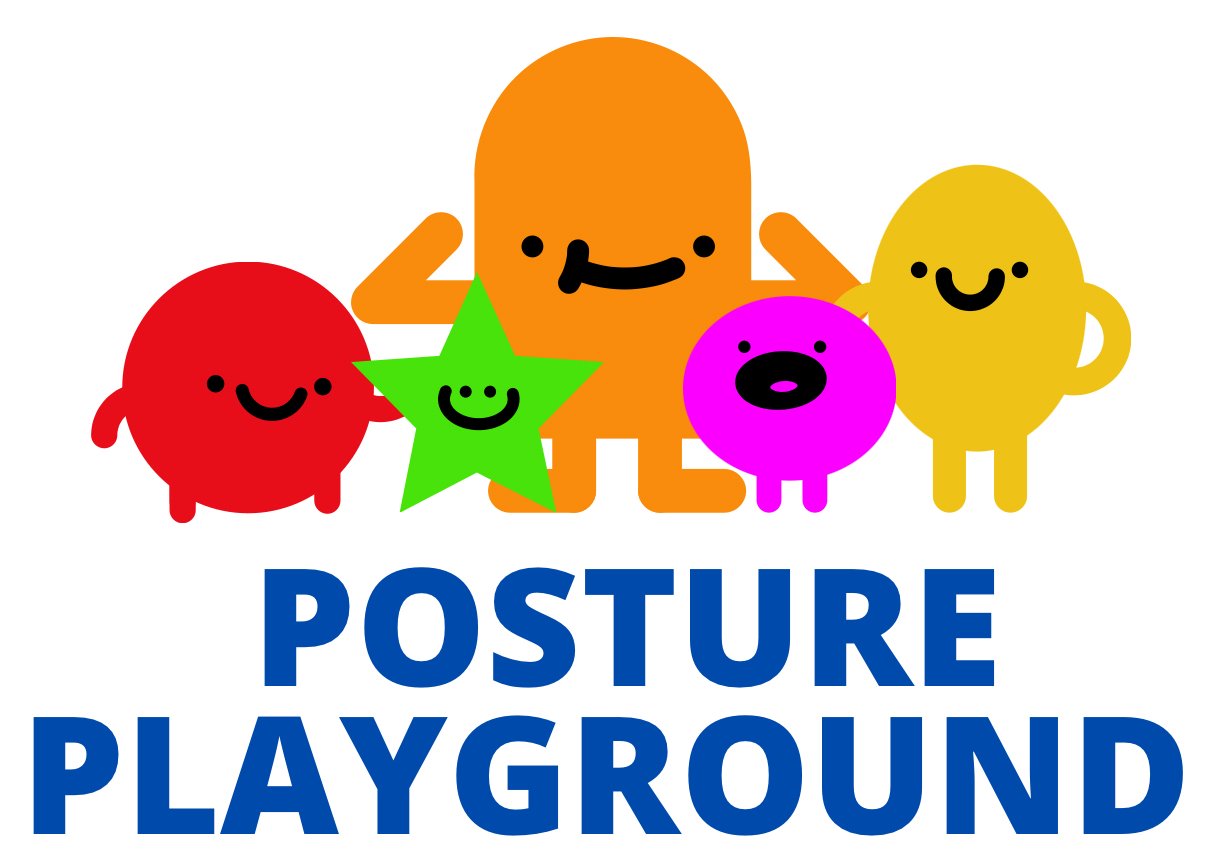You know your child is clever but you are frustrated, confused and constantly questioning why the same child is also clumsy, anxious and struggling in school
1 in 28 kids suffer with some form of Developmental Dyspraxia
Symptoms are not well recognised, even by doctors or teachers
Many kids are wrongly labelled and fall through the gap
Consequently many kids with dyspraxia develop anxiety
Parents of these children are often stressed and frustrated
Developmental dyspraxia (Developmental Coordination Disorder) is a sensory processing disorder. These children have normal to high IQ, but present as having learning difficulties.
That's because Dyspraxia can affect their posture, balance, coordination, handwriting, speech, dressing, concentration, time management and sporting abilities.
There is a child with some form of dyspraxia in every classroom.
They may often be called stupid and lazy, by their teachers, peers and even parents when they are in fact, not. They might also be called dreamy, clumsy, messy, untidy or forgetful. If undiagnosed and untreated, these bright kids end up losing their confidence and believing the labels.
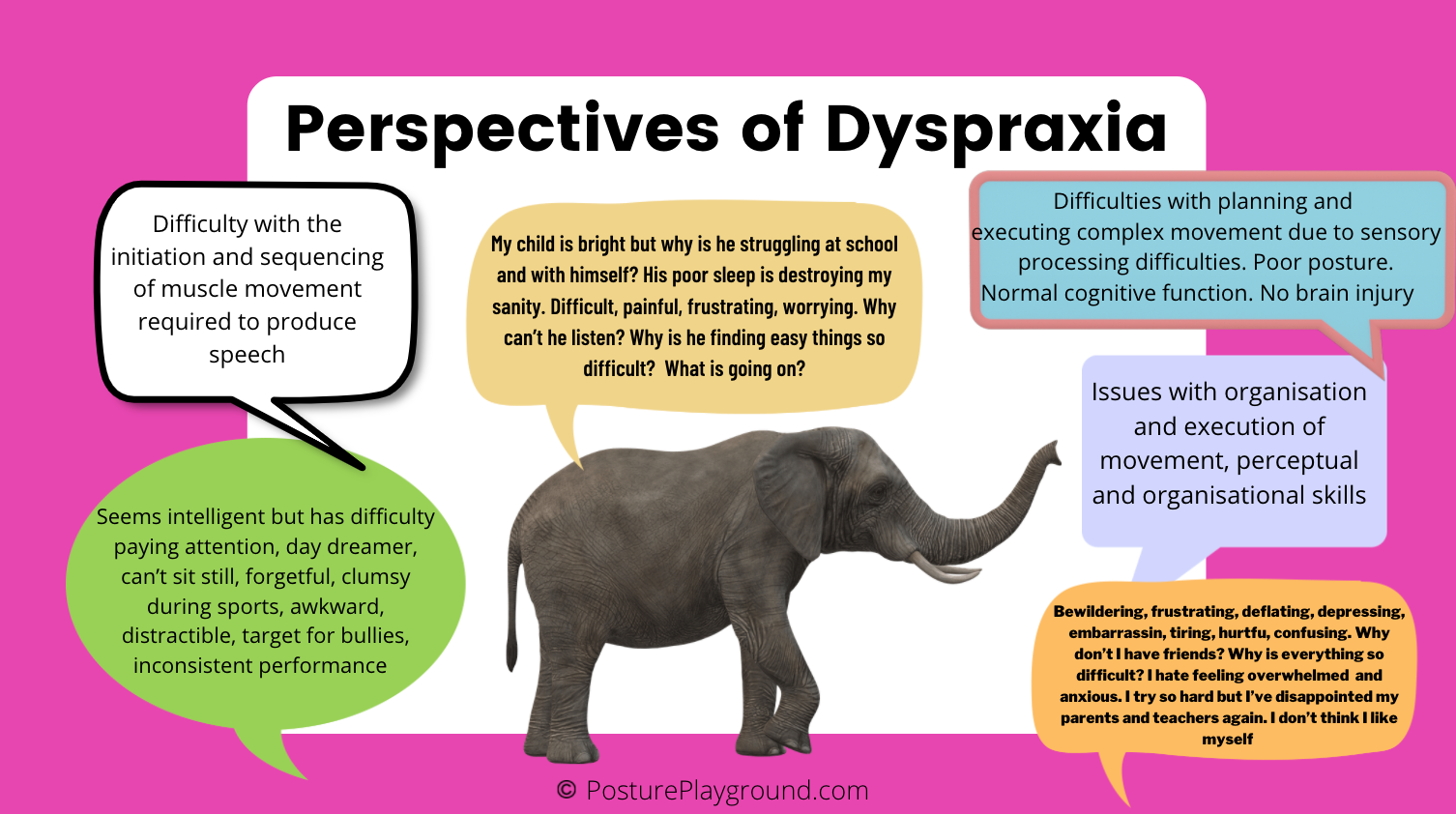
Many children with mild dyspraxia are unrecognised and fall through the gap. Frustrated, overwhelmed & anxious, children and parents struggle to meet he demands of school life.
Many parents know that there's something wrong but can't really say what it is. Parents are often blamed for their child's shortcomings when they don't actually know what is wrong or how to help. If they don't understand what they are dealing with, many bright kids and their parents feel like failures
HERE'S THE POWERFUL THING YOU NEED TO UNDERSTAND...
Children with Dyspraxia NEED BRAIN TRAINING: SPECIFIC STRATEGIES AND INTERVENTION to build FOUNDATIONAL SKILLS to help them keep their confidence, overcome their weaknesses so that they can HARNESS THEIR NATURAL STRENGTHS TO SUCCEED IN SCHOOL AND LIFE
Awareness Training for Adults
For Parents and Educators to understand what the Child with Dyspraxia is going through and how to help and support them
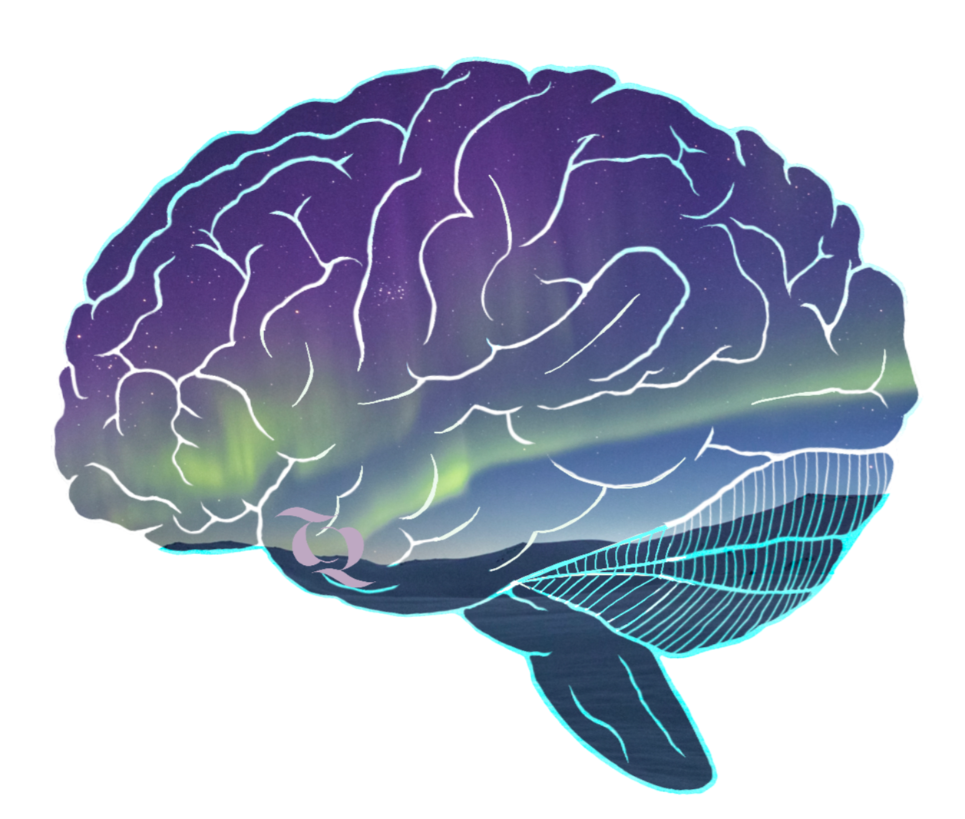
What is Dyspraxia?
What is Dyspraxia? How does it affect my Child's brain and behaviour? Why is my clever child struggling in school? Why more tuition will not help until brain processing is corrected. What can be done to help my Child? Why early intervention is crucial and what specific therapies are required
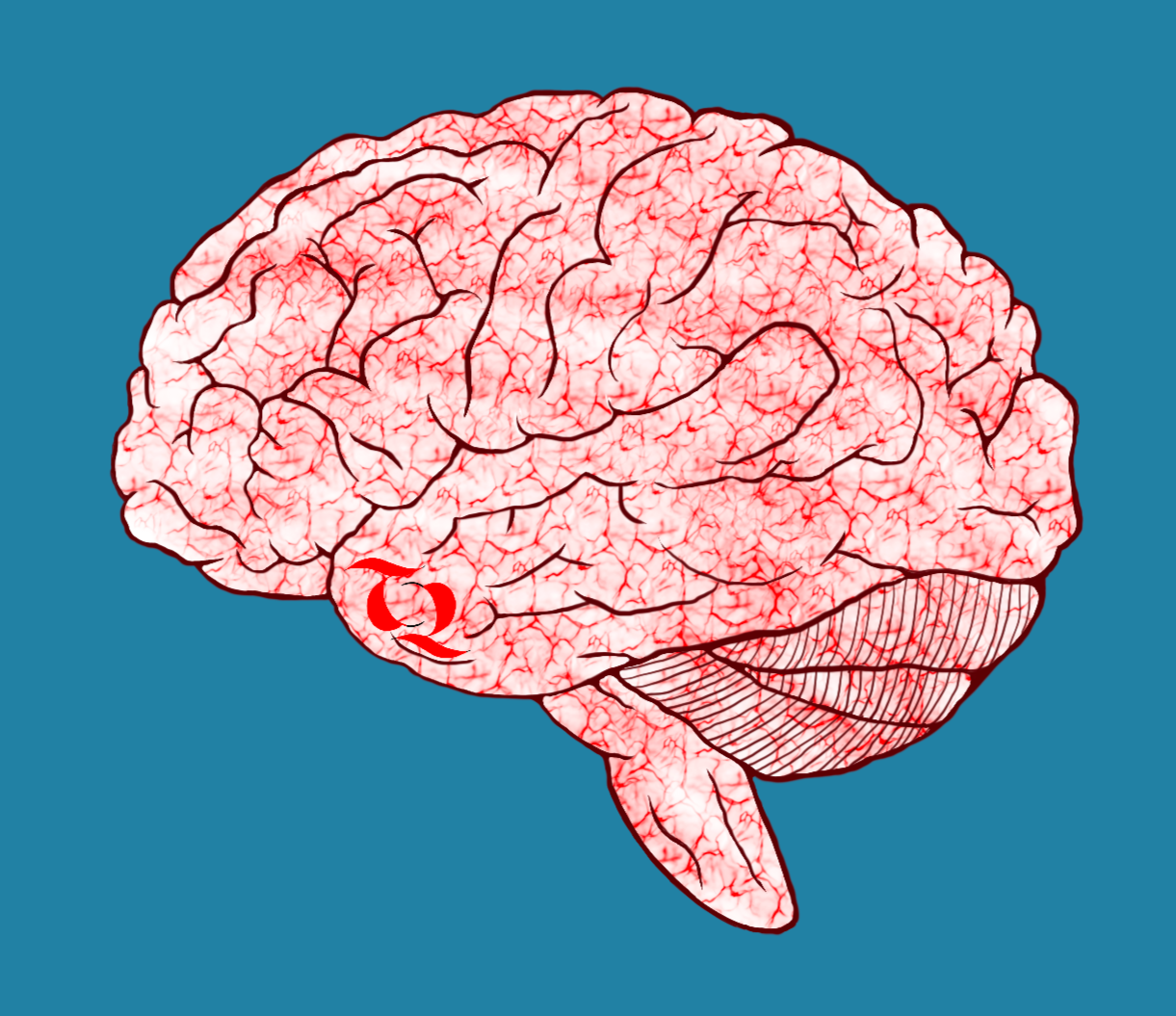
Dyspraxia and Anxiety
How Dyspraxia feeds into Anxiety: How disorganised sensory processing can contribute to anxiety? Multimodal solutions and strategies to help decrease anxiety throughout the day. Why detection and early intervention is crucial to preserve confidence.
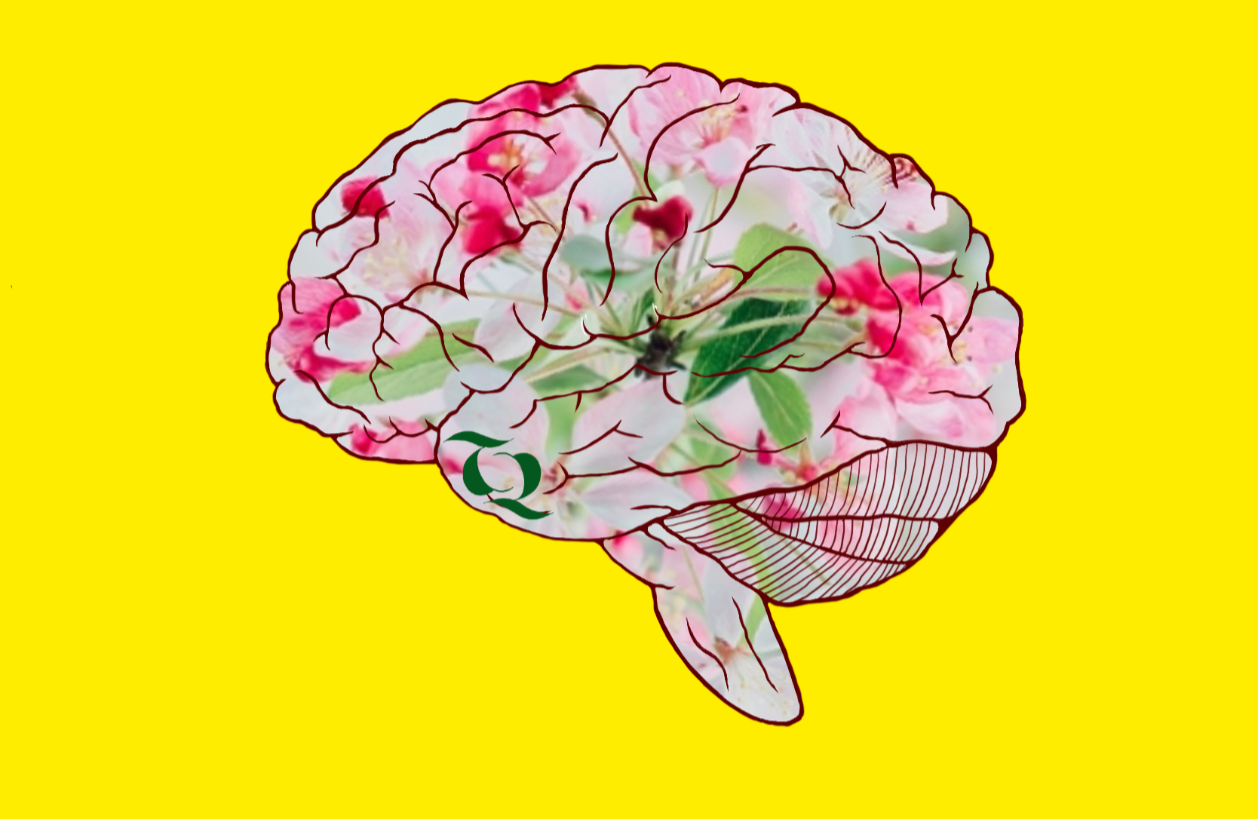
Dyspraxia in School
School outreach programme. What dyspraxia looks like in the classroom. What is happening internally for the child. How the children struggle without support. What non-neurotypical children can grow up to do great things. How to support the child with dyspraxia
Holiday Camps for Children
Highly Specific Intervention Programmes for Children aged 6-10 years old with Normal to High IQ who are Clumsy, Anxious and Struggling in School
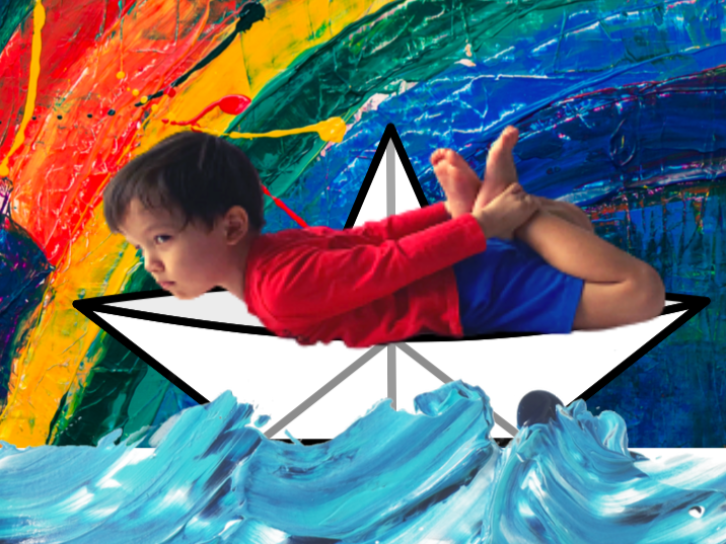
Posture
Group therapy for targetted brain and body training. Being able to maintain upright posture is crucial to be sit tall, to be able to attend to what the teacher is saying and copy from the board. A strong core is the strong foundation which all skilled movement requires. Children will learn postural awareness, specific stretches and strengthening to build their back, abdominal, hips and shoulder muscles.
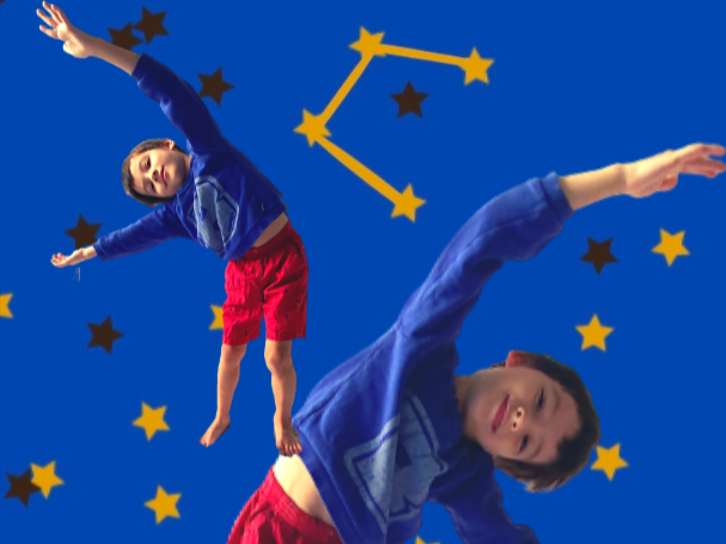
Balance & Coordination
Group therapy for targetted brain and body training. Balance and Coordination is crucial for skilled movement. Children will have their balance challenged, sharpen their proprioception, learn sequencing, dual tasking, cross midline activities, hand eye coordination activities. This camp is ideal for clumsy children who find sporting activities difficult.
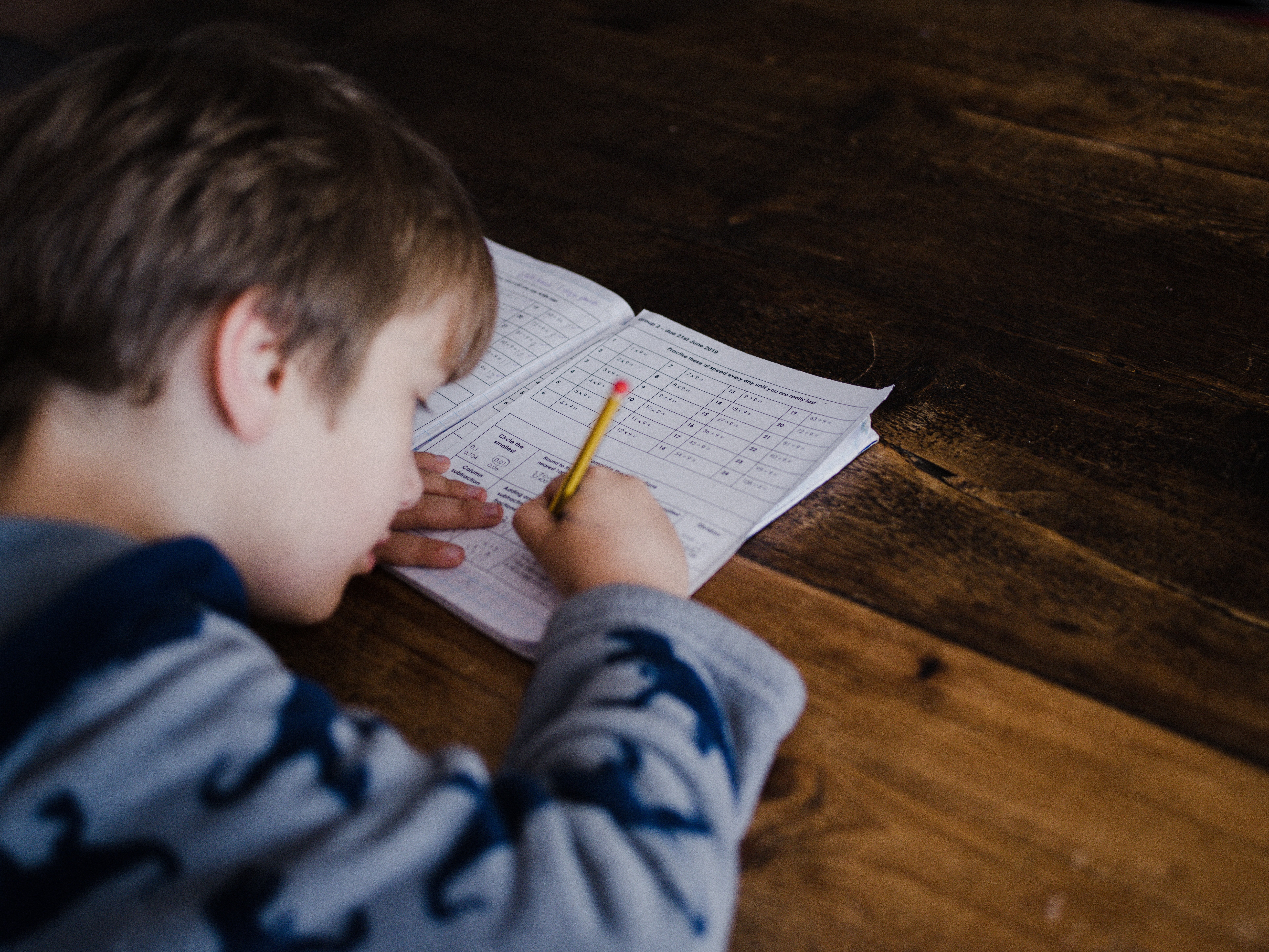
Handwriting
Group therapy for targetted brain and body training. This camp is specifically to strengthen postural muscles required for handwriting, strengthen the stability muscles of the hand. We also train the grip strength and endurance. Hand proprioception is also addressed to ensure that fine motor control is optimised.
Courses and Books
Highly Specific Intervention Programmes for Children aged 6-10 years old with Normal to High IQ who are Clumsy, Anxious and Struggling in School
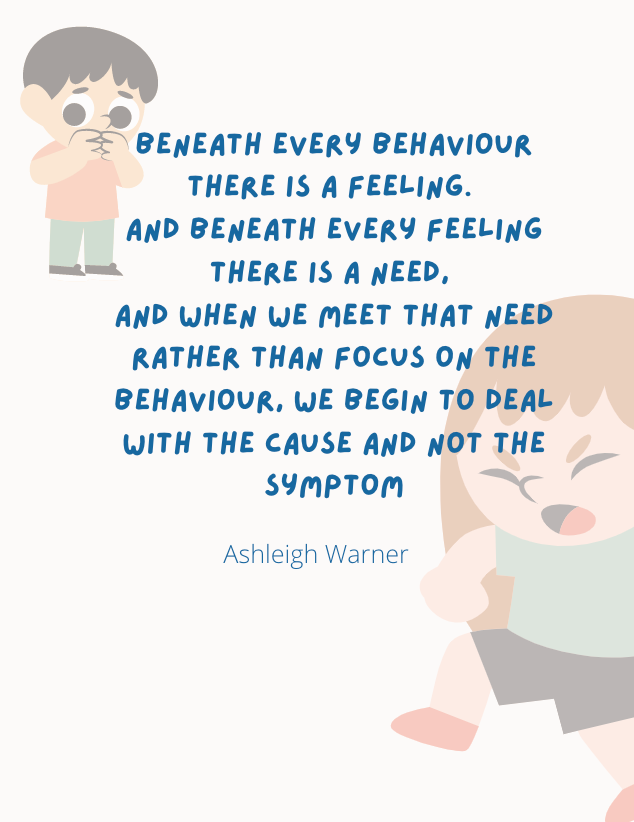
How to manage Anxiety in Your Child with Dyspraxia
This comprehensive 6 weeks parenting course that takes adults through a structured approach to help their child overcome the anxieties they face specifically due to dyspraxia. The solutions are practical, transformative and instantly applicable.
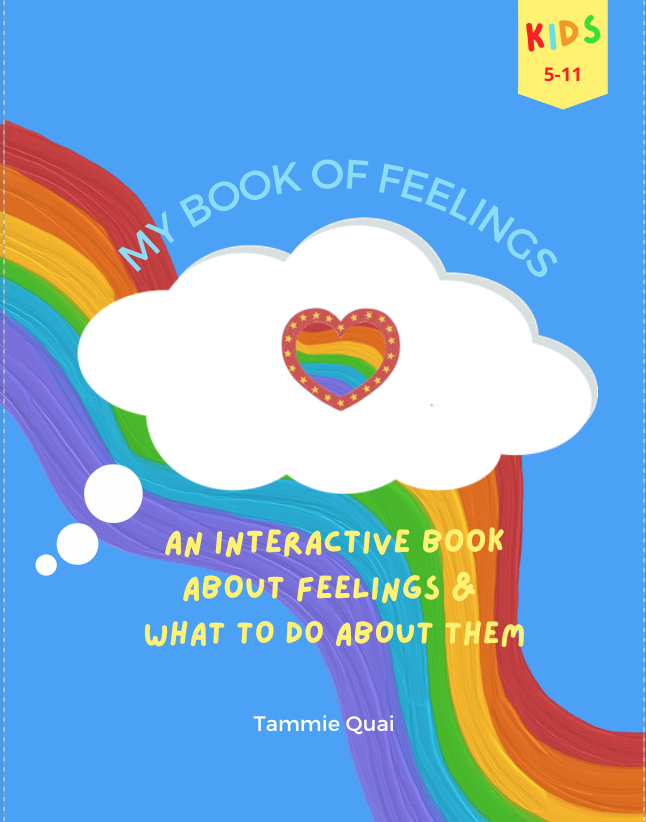
My Book of Feelings
Emotions motivate behaviour. Even children as young as 2 love exploring and giving voice to their feelings. Many adults do not know how to help their children explore uncomfortable feelings and consequently children learn to shut feelings out. This can, in turn worsen bad behaviour. When children learn to regulate their emotions, they feel more in control of their behaviour.
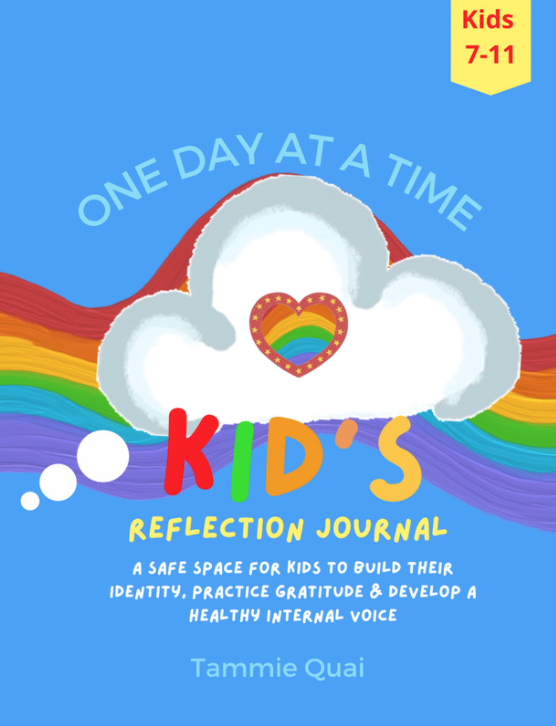
Kid's Reflection Journal
Get to know your children better. Emotions is something we don't have a lot of opportunity to talk about in daily life. This highly visual Journal can be used as a safe space to bond with your children and get to know them better. Help them bring to surface and process uncomfortable emotions. Gift kids the habit of reflection & gratitude to build life-long resilience.
About our clinic
Posture Playground is a safe virtual therapy space for parents and children living with Dyspraxia. It was founded by Physiotherapist Tammie Quai (@physiotammie) to increase awareness of dyspraxia, provide focussed and transformative solutions for children where the focus is not on the label. The child is not seen as the problem, but a partner to reach goals together.
2 decades of experience in complex rehabilitation and the experience with her first child gave her deep insight into the need for early targeted intervention, attention required for emotional regulation to modulate behaviour and awareness training for parents and educators.
" Our bright non-neurotypicals are our society's specialists. We have to nurture them according to their distinct needs so that they can grow up emotionally healthy, masterful of their strengths and confident that they can manage their weaknesses"

© Posture Playground by Tammie Quai 2022-23
